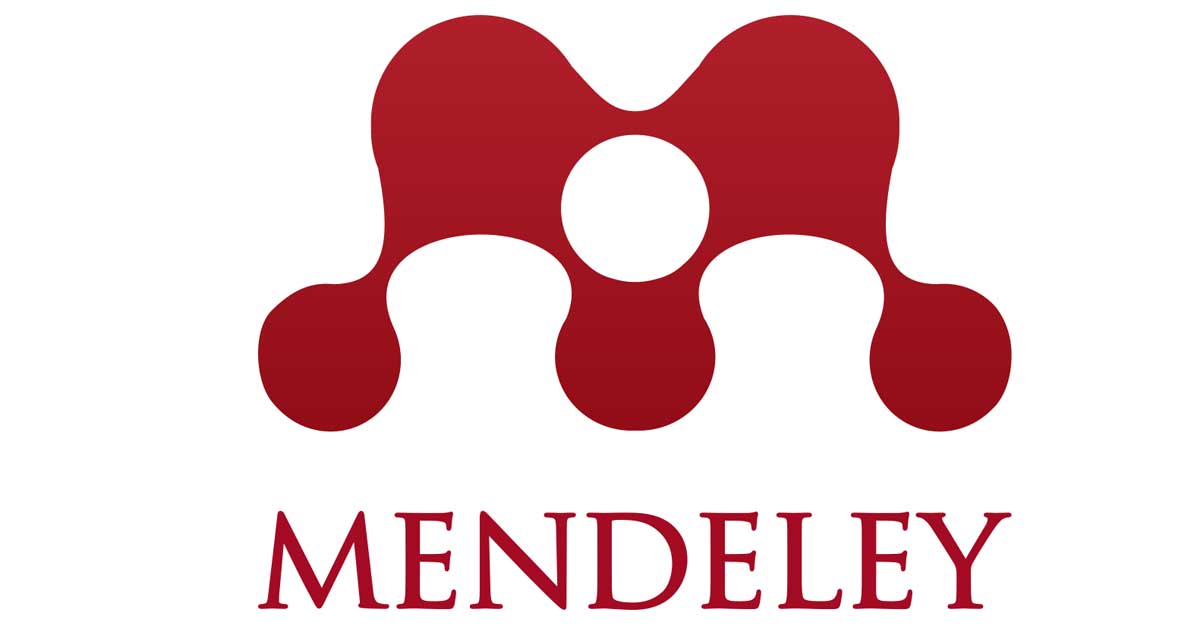BLOCKCHAIN TECHNOLOGY AS A SERVICE IN ISLAMIC BANK
DOI:
https://doi.org/10.53491/papua.v1i1.1156Keywords:
Blockchain Technology, Service In Islamic BankAbstract
The integration of blockchain technology in Islamic banking holds significant promise for enhancing service delivery, increasing transparency, and ensuring compliance with Sharia principles. By leveraging the unique features of blockchain, such as its decentralized and immutable nature, Islamic banks can address critical challenges related to transparency, fraud, and operational efficiency. This study adopts a qualitative research methodology to explore the integration of blockchain technology in Islamic banking services. The primary objective is to understand the benefits, challenges, and future prospects of blockchain implementation from the perspective of industry experts, regulatory bodies, and banking professionals. The study indicates that blockchain technology holds substantial promise for enhancing Islamic banks' service delivery and compliance. Its transparency and immutability align with Sharia principles, providing a secure platform for transactions. Smart contracts can automate complex processes, reducing errors and ensuring adherence to regulations. However, challenges include regulatory uncertainty, technical complexity, high costs, and privacy concerns. Clear guidelines, infrastructure investment, and privacy measures like encryption and permissioned blockchains are needed. Future prospects are optimistic, with potential for revolutionizing cross-border transactions and developing Sharia-compliant financial products as regulations and technology advance.
Downloads
Downloads
Published
How to Cite
Issue
Section
License
Copyright (c) 2024 Manida Niti Purbayudha

This work is licensed under a Creative Commons Attribution-NonCommercial-ShareAlike 4.0 International License.












